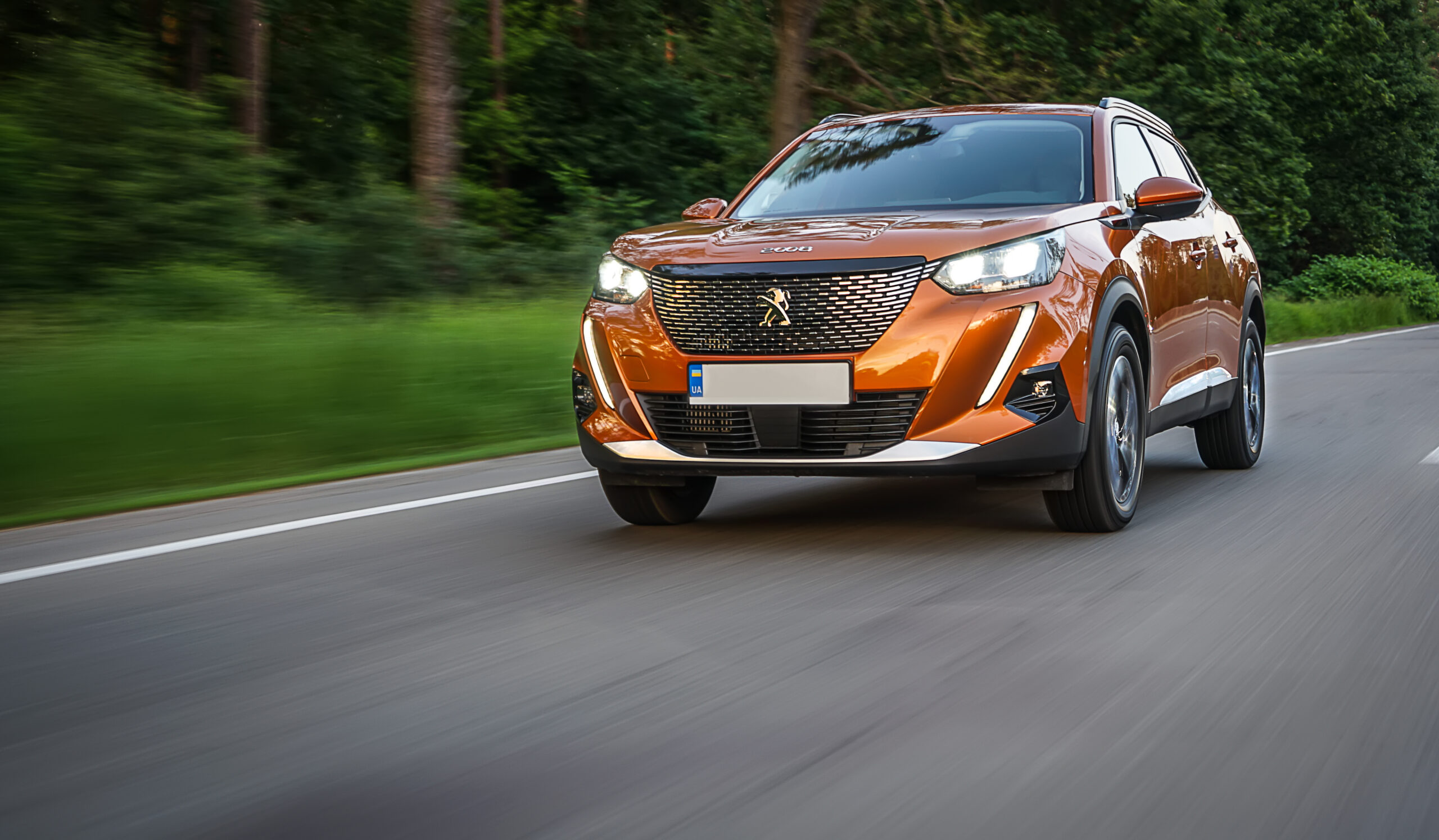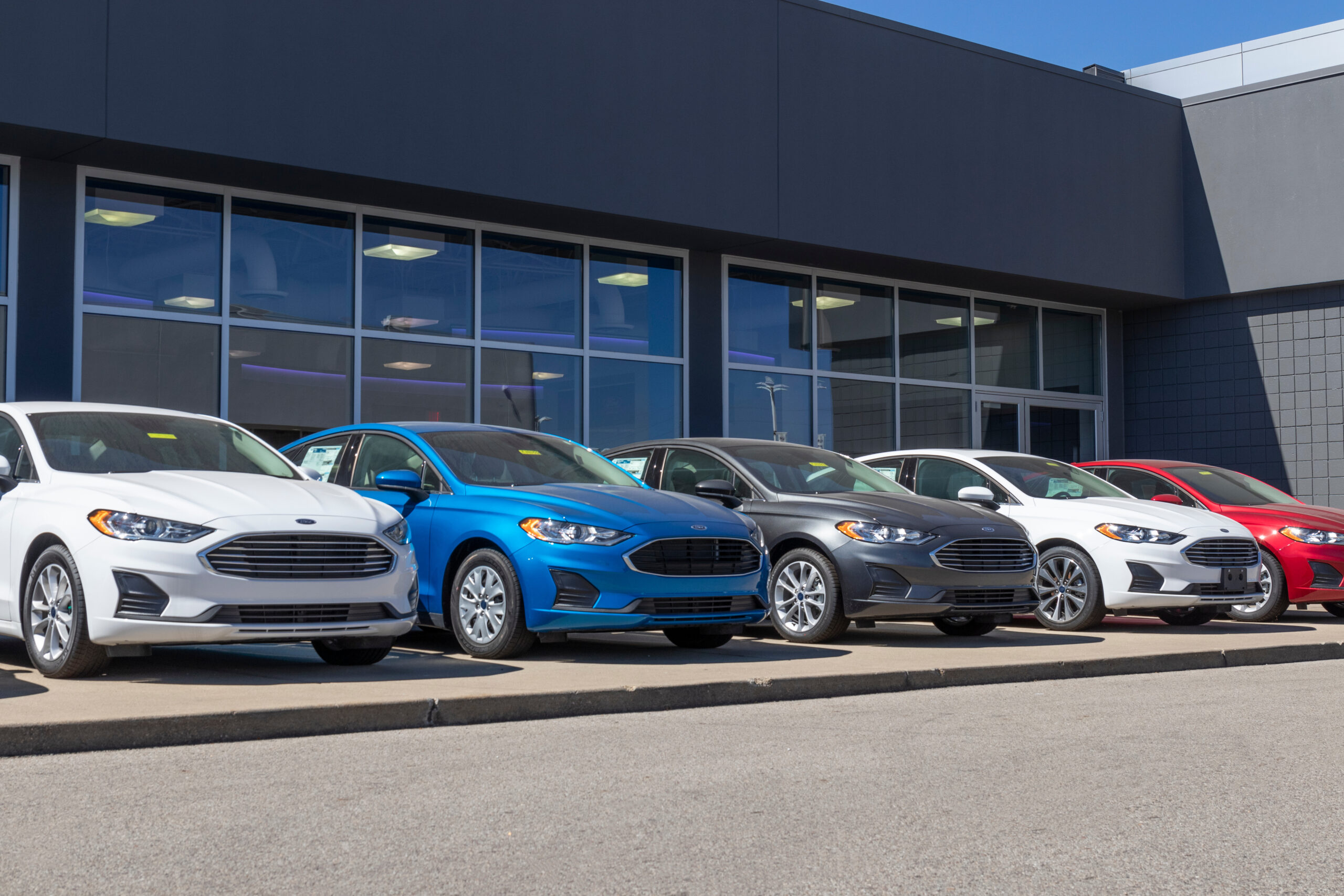
Leasing a Car for Business: What You Need to Know
Leasing a car for business purposes can be a strategic decision, offering financial and operational advantages over purchasing. Understanding the benefits and considerations of business car leasing is essential for making an informed choice that aligns with your company’s needs. This guide explores the key aspects of leasing a vehicle for business and provides insights into how it can benefit your organisation.
Benefits of Business Car Leasing
- Improved Cash Flow
Leasing a car for business typically requires a lower initial outlay compared to purchasing. This arrangement helps preserve your company’s cash flow by avoiding the large upfront costs associated with buying a vehicle. Lower monthly payments allow you to allocate funds to other critical areas of your business, such as operations, marketing, or expansion.
- Access to New Vehicles
Leasing allows businesses to drive new, up-to-date vehicles with the latest technology and features. Regularly upgrading to new models ensures that your business fleet remains current and reliable, which can positively impact your company’s image and operational efficiency. It also helps avoid the issues associated with older vehicles, such as increased maintenance and repair costs.
- Tax Benefits
Leasing can offer significant tax advantages for businesses. Lease payments are typically considered a business expense and can be deducted from your company’s taxable income. This deduction can reduce your overall tax liability. Additionally, VAT on lease payments can be reclaimed if the vehicle is used exclusively for business purposes. Consult with a tax advisor to ensure you maximise these benefits and comply with current tax regulations.
- Flexibility and Customisation
Business leases can be tailored to fit your specific needs, including mileage limits, lease terms, and vehicle specifications. This flexibility allows you to choose a leasing agreement that aligns with your company’s usage patterns and budget. Many leasing companies offer customised solutions, such as high-mileage leases or specialised vehicles, to meet the unique requirements of your business.
- Reduced Maintenance Costs
Leased vehicles are often covered by manufacturer warranties for the duration of the lease term. This coverage can significantly reduce maintenance and repair costs, as major components are protected from unexpected issues. Additionally, new vehicles typically require less maintenance than older models, further decreasing the total cost of ownership during the lease period.
- Simplified Vehicle Management
Leasing can simplify vehicle management for businesses by providing a clear end-of-lease plan. At the end of the lease term, you can return the vehicle and lease a new one, avoiding the hassle of selling or trading in old vehicles. This streamlined process helps maintain a well-managed and up-to-date fleet with minimal administrative effort.
Considerations for Business Car Leasing
- Mileage Limits
Leased vehicles come with mileage restrictions, which can vary based on the lease agreement. Businesses with high-mileage needs should ensure that the lease agreement includes an adequate mileage allowance to avoid excess mileage charges. It’s essential to accurately estimate your business’s mileage requirements and negotiate a suitable mileage limit to avoid unexpected costs.
- Wear and Tear
Lease agreements often include terms related to wear and tear, specifying the condition in which the vehicle must be returned. Excessive wear and tear can result in additional charges at the end of the lease. It’s important to maintain the vehicle in good condition and address any issues promptly to avoid penalties.
- Contractual Obligations
Carefully review the lease agreement to understand all terms and conditions, including early termination fees, end-of-lease charges, and any restrictions on vehicle modifications. Ensure that the lease terms align with your business’s needs and operational requirements. Clear understanding of these contractual obligations helps avoid surprises and ensures a smooth leasing experience.
- Ownership Equity
Unlike purchasing a vehicle, leasing does not build ownership equity. At the end of the lease term, you return the vehicle and have no ownership stake in it. If long-term ownership and equity accumulation are important to your business, leasing may not be the most suitable option.
- Insurance Costs
Leased vehicles often require higher insurance coverage levels compared to owned vehicles. Businesses should factor in the cost of comprehensive insurance coverage when evaluating the total cost of leasing. Ensure that your insurance policy meets the lease requirements and provides adequate protection for your business’s needs.
- Lease-End Options
At the end of the lease term, businesses have several options, including returning the vehicle, purchasing it, or leasing a new one. Understanding these options and their associated costs helps in planning for the end of the lease term. Evaluate your business’s future vehicle needs and choose the option that best aligns with your operational strategy.
Discover Our Business Car Leasing Deals
Ready to explore the benefits of leasing a car for your business? Discover our range of business car leasing deals tailored to your company’s needs. We offer flexible leasing options, competitive rates, and a variety of vehicles to suit your business requirements. Visit our website to find the perfect leasing solution for your organisation and take advantage of our special offers.
Conclusion
Leasing a car for business can provide numerous advantages, including improved cash flow, access to new vehicles, tax benefits, and reduced maintenance costs. However, it is important to consider factors such as mileage limits, wear and tear, and lease terms to ensure the leasing arrangement meets your business’s needs. By understanding the benefits and considerations of business car leasing, you can make an informed decision and optimise your company’s vehicle management strategy.









